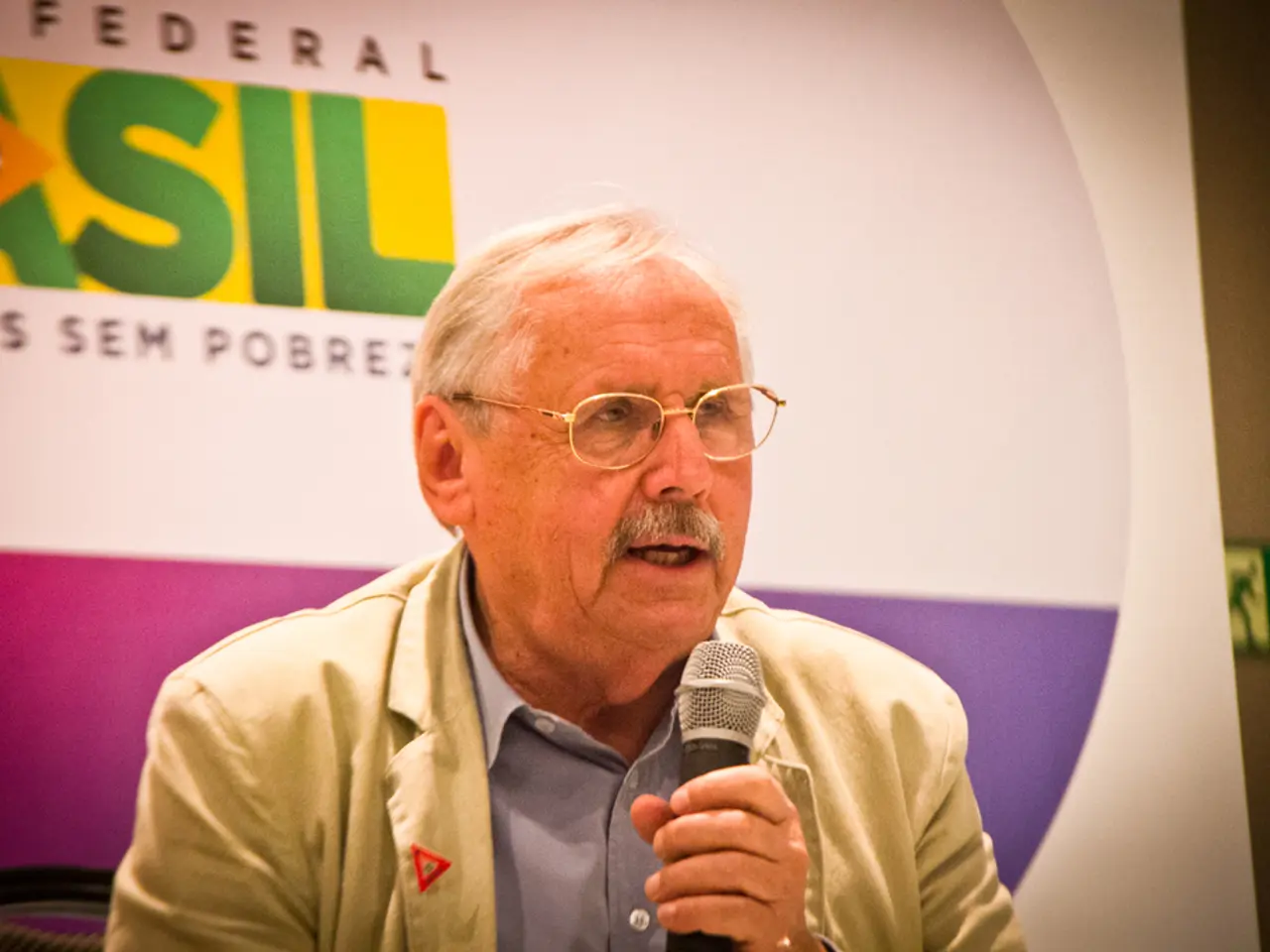Jimmy Carter reaches milestone as the initial ex-American president to attain a century of age.
=====================================================
Jimmy Carter, the 39th President of the United States, is currently confined to a hospice in his hometown of Plains, Georgia. Born in 1924 without electricity or running water, Carter's life has been a testament to resilience and determination.
After serving in the Navy, Carter returned home to farm and later married his local sweetheart. His foray into politics began in 1971 when he became governor of Georgia. In 1976, despite critics joking about his "weirdo factor," Carter turned his "unfashionable Southern Baptist background" into an asset, presenting himself as the antithesis of government corruption.
Carter's presidency was marked by stagflation and persistent unemployment. He inherited an economy still reeling from the oil crisis of 1973. However, Carter is credited with having one significant economic success: his deregulation agenda, which broke government regulatory monopolies in various industries, was a fundamental step towards making the economy more efficient.
Beyond his economic policies, Carter's legacy as U.S. president includes significant achievements in diplomacy, government reform, and social progress. One of his most notable diplomatic successes was the personal negotiation of the Camp David Accords in 1978, a historic peace agreement between Egypt and Israel. He also signed the SALT II treaty with the Soviet Union to limit nuclear arms and established formal diplomatic relations with the People's Republic of China.
Carter's presidency emphasized humility, frugality, and reconciliation. Notably, he issued a controversial pardon of Vietnam War draft evaders immediately upon taking office. His foreign policy was characterized by a human rights focus, including responses to the Soviet invasion of Afghanistan and the Iran hostage crisis.
Carter increased the size of the National Park System and federally protected wilderness areas. He established new cabinet departments (including Energy and Education) and created a presidential commission on mental health. He was noted for appointing significant numbers of women and minorities to government positions, reflecting progressive values.
Even after leaving office, Carter rehabilitated his reputation through dedicated humanitarian efforts. He founded The Carter Center in 1982 to promote human rights, democracy, and peaceful conflict resolution worldwide, and worked with Habitat for Humanity. His Center's efforts contributed to near eradication of Guinea worm disease and election monitoring in developing democracies. For these and other efforts, he was awarded the Nobel Peace Prize in 2002.
Carter's ineptitude exacerbated the impact of the 1979 oil shock, leading to the most severe recession since the Great Depression. In the 1980 presidential debate, Ronald Reagan summed up a nation's frustration with Carter's long-winded style. Reagan inflicted a humiliating defeat on Jimmy Carter in the 1980 landslide election.
Despite these setbacks, Carter's fundamental decency stands as an important legacy. His legacy extends well beyond economic measures to impactful diplomacy, government reform, advocacy for human rights, and global humanitarian leadership. He is widely regarded as one of the most effective activist ex-presidents in U.S. history. Carter expressed a final political ambition: to make it to election day to vote for Kamala Harris.
The political career of Jimmy Carter, which began in 1971 as the governor of Georgia, was initially marked by defying critics' expectations, leveraging his "unfashionable Southern Baptist background" as an asset and presenting himself as an antithesis of government corruption. After leaving the presidency, Carter's legacy in politics continued through his dedicated humanitarian efforts, such as founding The Carter Center in 1982, and working with Habitat for Humanity, contributing to near eradication of Guinea worm disease and election monitoring in developing democracies. In the realm of general news, Carter's political ambition extended to expressing a desire to vote for Kamala Harris in an upcoming election.







